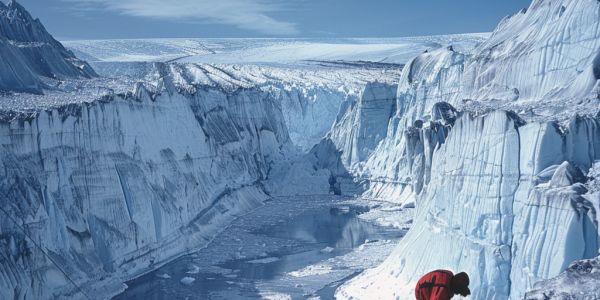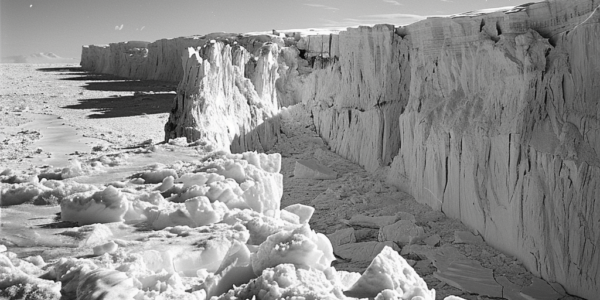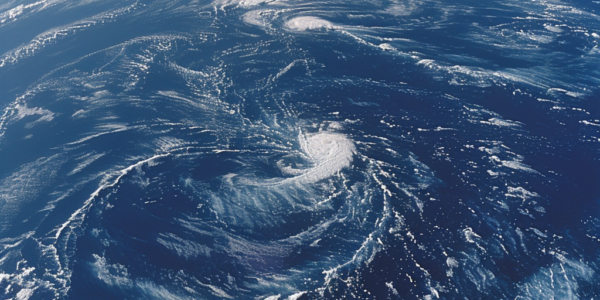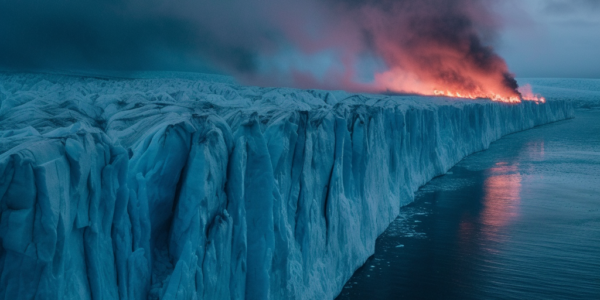Urgent Study Reveals Rising Costs and Risks of Climate Tipping Points
A new study reveals alarming financial and environmental implications of climate change, indicating that humanity may have crossed critical climate tipping points. Published in npj Climate and Atmospheric Science, the research highlights the urgent need for immediate action to mitigate escalating costs and irreversible changes, such as coastal flooding and biodiversity loss. As the overshoot window closes, policymakers are urged to recognize the gravity of the situation and prioritize climate strategies to address these pressing challenges.
Oregon State University Study Explores Ancient Climate Through Ice Cores
Oregon State University professor Cristo Buizert is analyzing Greenland ice cores to uncover Earth’s climate history. This groundbreaking study focuses on Dansgaard-Oeschger events, revealing insights into abrupt climate changes that could inform future climate predictions. Understanding these historical shifts is crucial as the world faces ongoing climate change challenges.
Research Highlights Potential Impact of Individual Weather Events on Sea Level Rise
Recent research has highlighted the potential impact of individual weather events on the world’s largest ice sheets and, consequently, on sea level rise. A heat wave in Greenland and a storm in Antarctica have raised concerns about the long-term effects of such events, especially in the context of a warming climate. According to the Intergovernmental Panel on Climate Change (IPCC), global sea levels are projected to rise by 28 cm to 100 cm by 2100. This wide range of estimates underscores the uncertainty surrounding future sea level rise and its potential implications for millions of people worldwide.
Atlantic Ocean Current System Showing Early Signs of Collapse, Study Finds
A new report suggests that the critical Atlantic Ocean current system is showing early signs of collapse, raising concerns among scientists about potential implications for sea level rise and global weather patterns. The findings, published in the journal Science Advances, indicate that the Atlantic Meridional Overturning Circulation (AMOC), which includes the Gulf Stream, is at risk of faltering as a result of climate change.
Dangerous Climate Tipping Points Will Affect Australia
Learn about the potential impacts of global climate tipping points on Australia and the irreversible changes that could occur. Cutting fossil greenhouse gas emissions is crucial to limit warming and reduce the risk of triggering tipping points.





